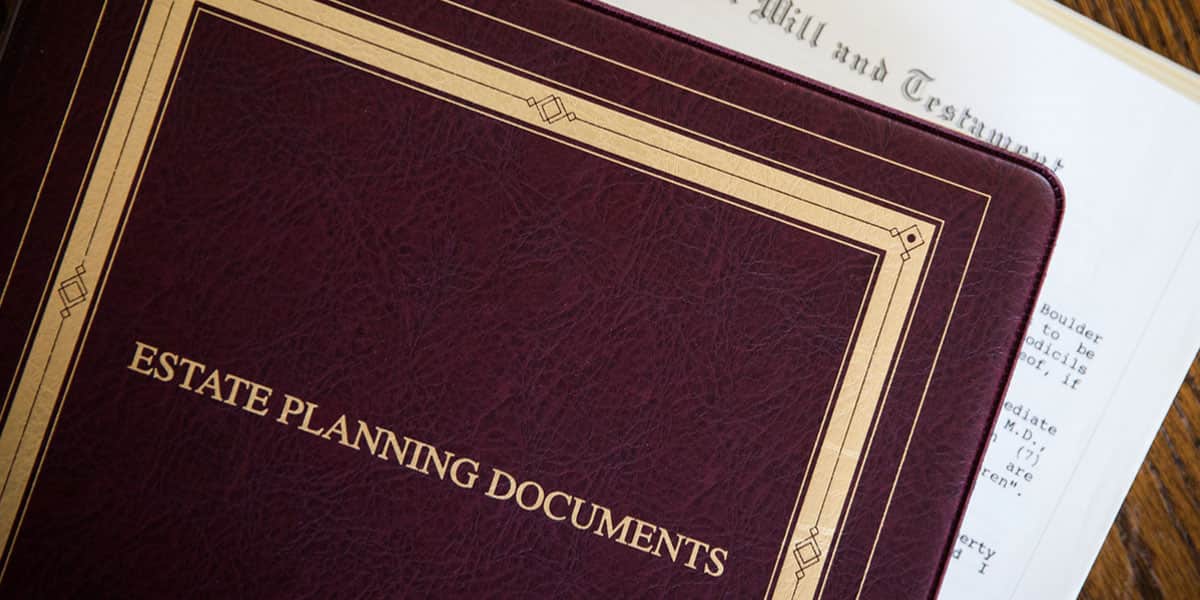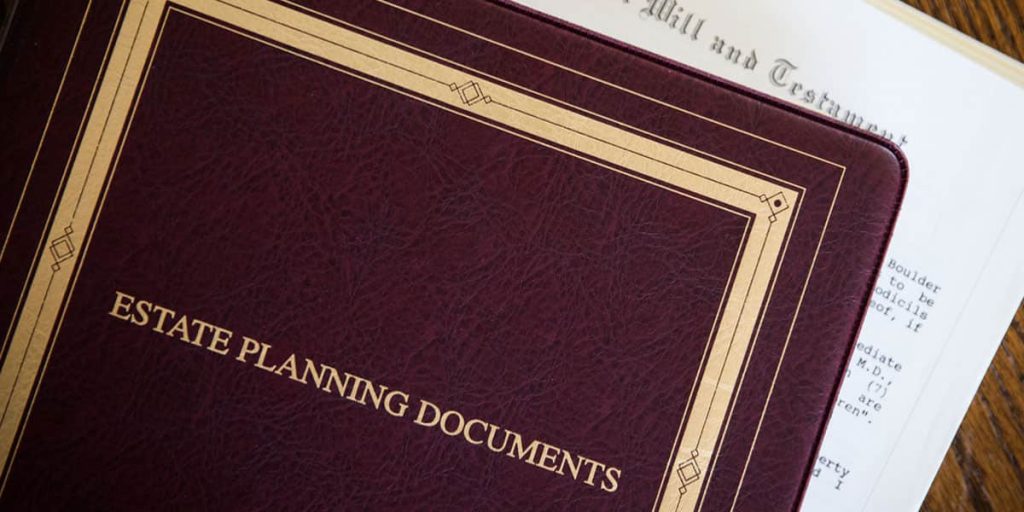

Having an estate plan is generally beneficial for individuals regardless of their wealth or age. While the specific need for an estate plan varies depending on individual circumstances, here are some common.
Reasons why you may need an estate plan:
Asset distribution:
If you have specific wishes regarding how your assets should be distributed after your death, an estate plan is essential. Without a plan, state laws will dictate how your assets are distributed, which may not align with your intentions. An estate plan allows you to designate beneficiaries and ensure that your assets are distributed according to your wishes.
Minor children:
If you have minor children, an estate plan is crucial to address their well-being and provide for their financial needs in the event of your untimely death. Through an estate plan, you can appoint guardians to care for your children and establish trusts or other mechanisms to manage their inheritance until they reach a certain age or milestone.
Incapacity planning:
Estate planning involves preparing for the possibility of incapacity due to illness, injury, or advanced age. Documents like powers of attorney and advance healthcare directives allow you to designate someone you trust to make medical and financial decisions on your behalf if you become unable to do so.
Tax considerations:
If you have a sizable estate, estate planning can help minimize estate taxes and other potential tax liabilities, ensuring that more of your assets pass to your intended beneficiaries.
Business ownership:
If you own a business, estate planning becomes particularly important to ensure a smooth transition of ownership and management. It allows you to plan for the continuity of your business, designate successors, and address potential tax implications.
Privacy and probate avoidance:
Estate planning can help keep your affairs private and minimize or even avoid the probate process. Proper planning can ensure that your assets are transferred efficiently and privately to your beneficiaries without the need for court intervention.
Even if you feel your assets are modest or you are young, having an estate plan in place provides peace of mind and protects your interests and those of your loved ones. Consult with an estate planning attorney who can assess your specific circumstances and help you create a plan that meets your needs and goals.
Estate planning benefits
Estate planning offers numerous benefits that can positively impact you and your loved ones.
Here are some key benefits of estate planning:
Control and clarity:
Estate planning allows you to maintain control over how your assets will be distributed after your death. You can specify who will inherit your property, money, and possessions, ensuring that your wishes are followed. This clarity can help prevent conflicts and disputes among family members.
Asset protection:
Estate planning provides strategies to protect your assets from various risks, such as creditors, lawsuits, or unstable financial situations of your beneficiaries. Through trusts, you can establish safeguards to preserve and manage your assets for the long term.
Minimization of taxes and expenses:
A well-designed estate plan can help minimize estate taxes and other potential costs, ensuring that more of your assets pass to your chosen beneficiaries. Estate planning attorneys can provide strategies to reduce tax liabilities and administrative expenses associated with the transfer of assets.
Avoidance of probate:
Proper estate planning can help your loved ones avoid or minimize the probate process. Probate can be time-consuming, expensive, and subject to public scrutiny. By utilizing tools like trusts, you can transfer assets outside of probate, allowing for a more efficient and private distribution to your beneficiaries.
Protection for minor children and dependents:
Estate planning enables you to name guardians for your minor children and dependents. By establishing trusts or other mechanisms, you can ensure that their financial needs are met and that the assets are managed on their behalf until they reach a certain age or milestone.
Healthcare and incapacity planning:
Estate planning includes the creation of advanced healthcare directives and powers of attorney, allowing you to appoint trusted individuals to make medical and financial decisions on your behalf if you become incapacitated. This ensures that your healthcare preferences are respected and that your financial affairs are managed according to your wishes.
Business succession planning:
For business owners, estate planning is crucial to ensure a smooth transition of ownership and management. It allows you to designate successors, establish plans for the continuation of the business, and provide for the financial stability of your business and your family.
Peace of mind:
One of the most significant benefits of estate planning is the peace of mind it brings. Knowing that you have taken proactive steps to protect your assets, provide for your loved ones, and address potential uncertainties can provide a sense of security and reduce stress.
By consulting with an experienced estate planning attorney, you can tailor a plan to your specific needs and goals, maximizing the benefits of estate planning for you and your family.
The post Do I need an Estate Plan? appeared first on locallawyerny.com.

